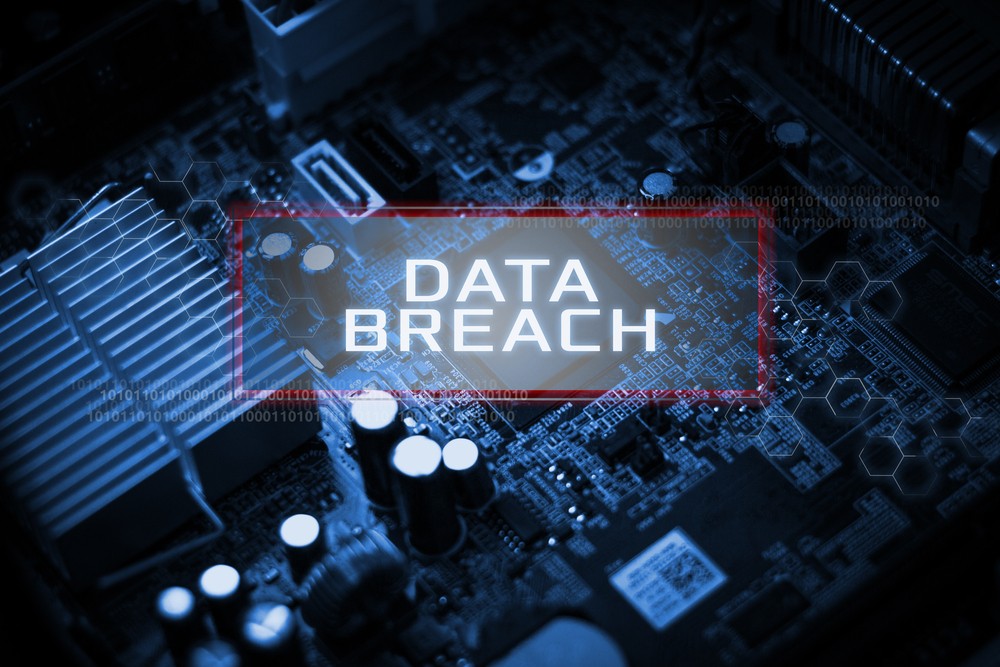As a dental office business, data security is essential for keeping your patient’s records confidential and protected from hackers.
Consider a dental security service like Erickson Dental Technologies that can assist receptionists, dentists, and dental assistants with password management, storage, and fire safety. Get email encryption services, network security, and antivirus support that reassure your medical office records do not get leaked to the wrong person.
All patients have the right to privacy under HIPAA laws. Here are some tips for creating strong passwords so front desk personnel and doctors remain informed of the best ways to secure patient files.
Never Recycle Passwords
It’s tempting to want to use the same password to access all dental office-related accounts and client medical records. Using the same password can make it easy for hackers to get into the client files if hacking occurs.
Once hackers discover a pattern in your office utilizing the same passwords for all your secure accounts, it will make it easier for them to gain access to that confidential personal information. Cite the importance of having unique passwords for each account to your office personnel to increase overall network security within your dental practice.
Change Passwords Every Three Months
Cybersecurity professionals state that it is best to change password-protected accounts at least once every three months to maintain overall security against hackers. Place one professional in your dental office in charge of changing the passwords for all the accounts related to the business.
When a designated office representative changes the passwords, integrate them in a password-encrypted file for increased protection. Do not name the file “Password List,” as this can tip off hackers into accessing all confidential information. Instead, name it a silly code word that the entire office knows about, such as “Painting” or “Iguana,” so that hackers do not think to go into that file to find personal information.
Keep a running list in a file of old passwords that have already been used for your dental office accounts so that they are not accidentally reused. Try a few suggestions below to create unique passwords hackers will have trouble guessing.
Mix Up the Symbols and Letters You Use in the Password

Try not to use full words or consecutive numbers in your password. Hackers love it when people use the most popular passwords such as “password123” or “qwerty” or the numbers one through nine in numerical order to secure their accounts.
Mix up a number symbol, lowercase and uppercase letters, and special characters ($, &, or *) to safeguard your personal information. Hackers will not think to try any of these password combinations, especially since they do not contain consecutive numbers or specific words.
- 8$XCd5y&OBp4
- Vwp0E3L*7X5$
- %GbpKC2Q6WiD
Alternatively, you can try password combinations that spell out a word or phrase by replacing letters with numbers or special characters. Here are a few examples:
- M@n0v3rb0arD
- p3N2P@p3r
- 0p3nth3Do0r
Perhaps you can try combining two different words that are usually not paired together and do the same thing in replacing certain letters with different numbers and special characters to make it unique:
- n0oDL3sJ3lLy (noodlesjelly)
- T0fUm3@t (tofumeat)
- p3nc1Lh0se (pencilhose)
Consider the benefits of working with a dental IT service that can help you regularly with password management tips. Especially if you are feeling stuck on how to keep passwords unique and utilizing memory devices for dental personnel to remember them, a dental IT service can help your business.
Do Not Include Personal Identifiers in Account Passwords
Especially since you are creating passwords for confidential medical records, do not use a patient’s or doctor’s identifiers to safeguard their files. For the mass database of patient files, the password should be as unique as in some examples shown above.
Utilizing names, birth years, birth dates, or any other personal information can tip off hackers, especially if they know your office workers personally. So leave the “John1970” and “Jamie01021988” password options in the grave and create a better password for your dental office files.
Make the Passwords Long Enough
Passwords are usually anywhere between 12 to 16 characters or more that are a mix of number symbols, letters, and special characters. The longer and more unique your password, the better protection you will have against hackers.
Some platforms ask you to have at least six to eight characters in your password. Certain accounts even mandate that you have at least one special character (*, ^, #, $, or %) somewhere in the password to increase its strength.
Don’t strive to meet only the minimum requirements when creating your password. Find a way to remember your password or have it written down and hidden in a special drawer at your desk where no one else can see it.
Stay Updated on Possible Data Breaches
If there is a breach of a specific website or online software, ensure your personal information is safe. There are websites you can check to see if any dental office accounts were compromised in a recent data breach online. However, as long as you take the steps necessary to create a strong password and change it regularly, you should be ok.
Create a Strong Password Today!

Now that you know the tips for creating strong passwords, review all accounts associated with your dental office’s client files and accounts to reassure them that they meet unique standards. If you need more information on password management and network security services, contact Erickson Dental Technologies today!


